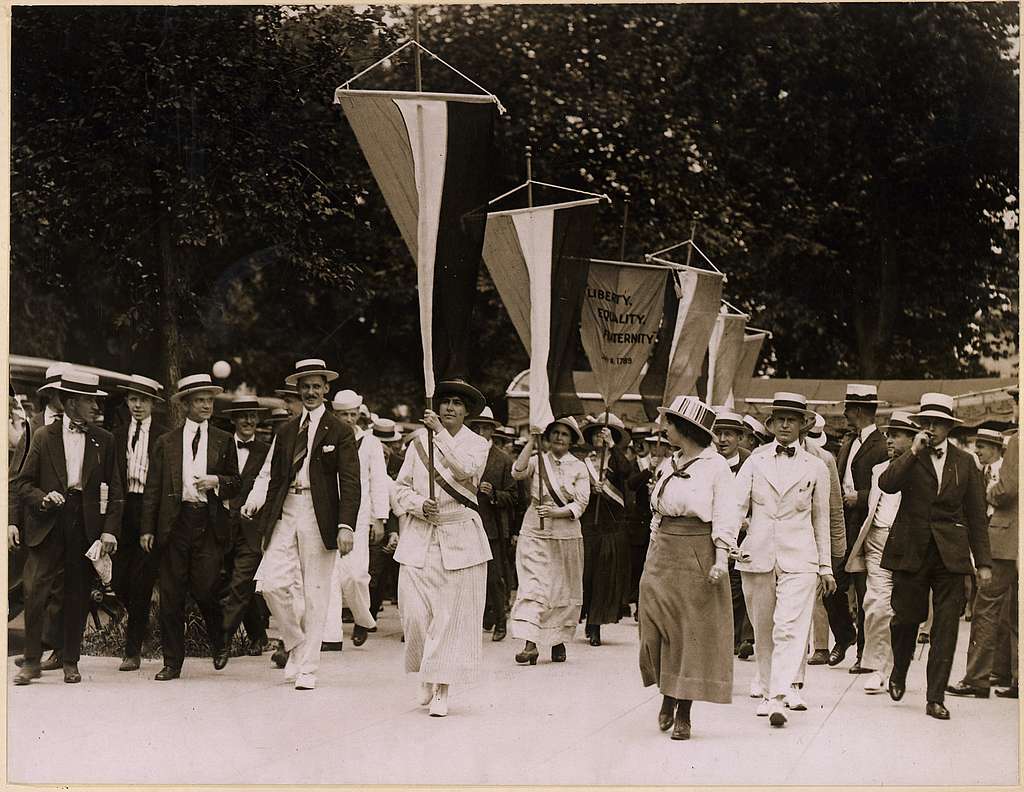This is an archive of prayers composed for, or relevant to, Fête nationale française, (a/k/a Bastille Day) the national day of France celebrated on 14 July in the French civil calendar, the anniversary of the Storming of the Bastille on 14 July 1789, a major event of the French Revolution, as well as the Fête de la Fédération that celebrated the unity of the French people on 14 July 1790. These events were crucial in leading to the first emancipation of Jews under the aegis of a European state, among other significant and influential democratic and humane reforms. Click here to contribute a public reading you have prepared for the Fête nationale français (Bastille Day). Filter resources by Collaborator Name Filter resources by Tag Filter resources by Category Filter resources by Language Filter resources by Date Range
“La Marseillaise” is the national anthem of France. This Hebrew translation was made by Efrayim Dror for the Free French Army (Forces Françaises Libres) and its many Jewish volunteers during the early years of World War II. The translation was published in 1951. The song was written in 1792 by Claude Joseph Rouget de Lisle in Strasbourg after the declaration of war by France against Austria, and was originally titled “Chant de guerre pour l’Armée du Rhin” (“War Song for the Army of the Rhine”). The French National Convention adopted it as the Republic’s anthem in 1795. The song acquired its nickname after being sung in Paris by volunteers from Marseille marching to the capital. After the fall of Napoleon in 1815 “La Marseilles” was banned and it became the anthem of the French left. The Government brought back the iconic anthem in an attempt to motivate the French people during the Franco-Prussian War. During the nineteenth and early twentieth centuries, “La Marseillaise” was recognized as the anthem of the international revolutionary movement; as such, it was adopted by the Paris Commune in 1871, albeit with new lyrics under the title “La marseillaise de la Commune.” Eight years later, in 1879, it was restored as France’s national anthem. On Simḥat Torah (18–19 October) 1973, the Lubavitcher Rebbe adapted the melody to the Jewish prayer “Ha’aderet v’ha’emuna”. In ḤaBaD, the melody is believed to convey the idea of a “spiritual French revolution” – in that Torah should be spread around the world as an advent to the messianic era. . . . Categories: Tags: Contributor(s): “Lamnatseaḥ Shir” composed by Moses Ensheim, and its accompanying paraliturgical French translation by Isaïah Berr Bing, was first published in 1792 when it was sung in the synagogue of the Jewish community of Metz in celebration of the victory of the French Revolution and their emancipation as full citizens of France in 1791. . . . Categories: Tags: Contributor(s): This prayer of gratitude for the emancipation of French Jewry was included by Rabbi Arnaud Aron and Jonas Ennery in their opus, אמרי לב Prières d’un Coeur Israelite (Société Consistoriale de Bons Livres, 1848), pp. 61-62. In the second edition published in 1852, it appears on pp. 95-96. . . . Categories: Tags: Contributor(s): |



